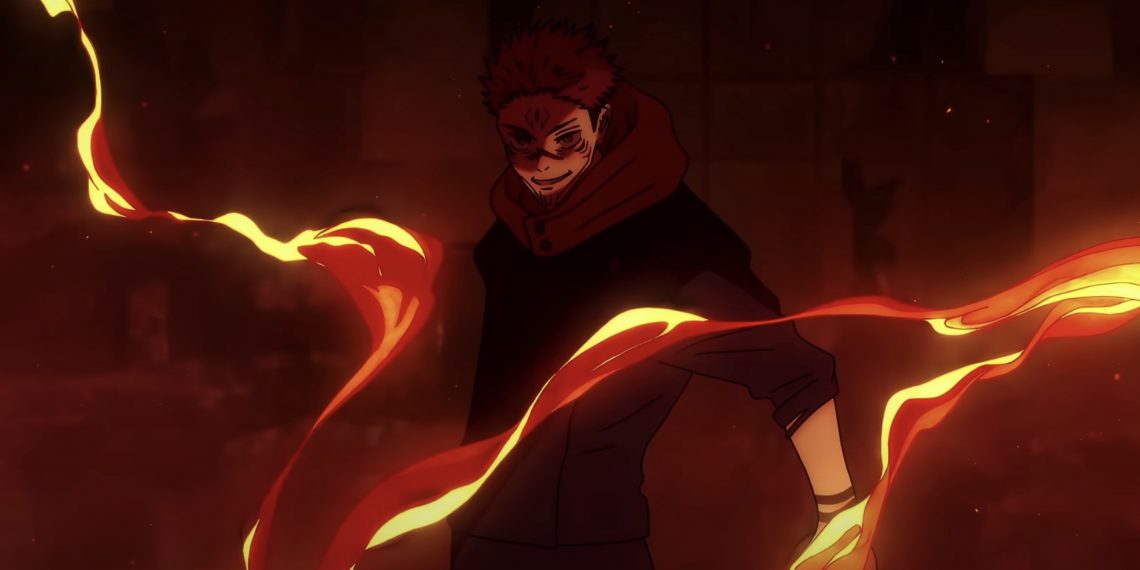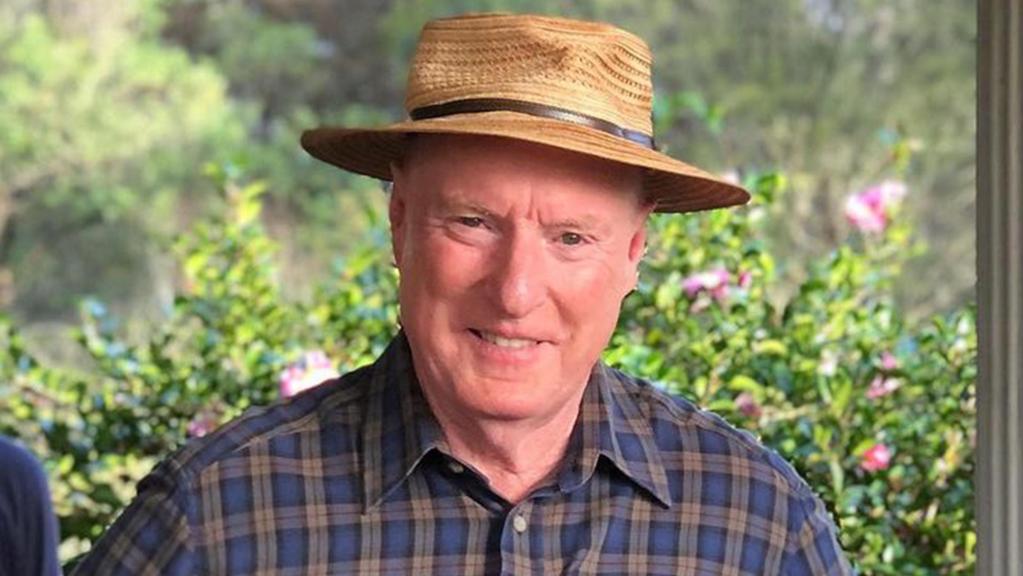A recent survey by the Japan Animator and Director Association highlighted mental health issues within the anime industry. Out of 429 animators and directors consulted, 73 (17%) disclosed that they currently or previously struggled with mental illnesses like depression due to demanding work conditions.
Furthermore, an alarming 291 respondents (68%) reported feeling mentally drained on a regular basis, while 285 (66%) said they felt physically exhausted.
The report included a startling account from one female animator based in Tokyo, exemplifying the immense pressure put on some creators.
This woman revealed that she only went back to her home for around 30 minutes each week, instead opting to sleep at the studio after bringing personal items like shampoo and towels.
“I continue my animation work because I find it rewarding,” she commented, “but I have witnessed many colleagues battling mental illness first-hand. I hope more consideration is given to the treatment of anime industry professionals.”
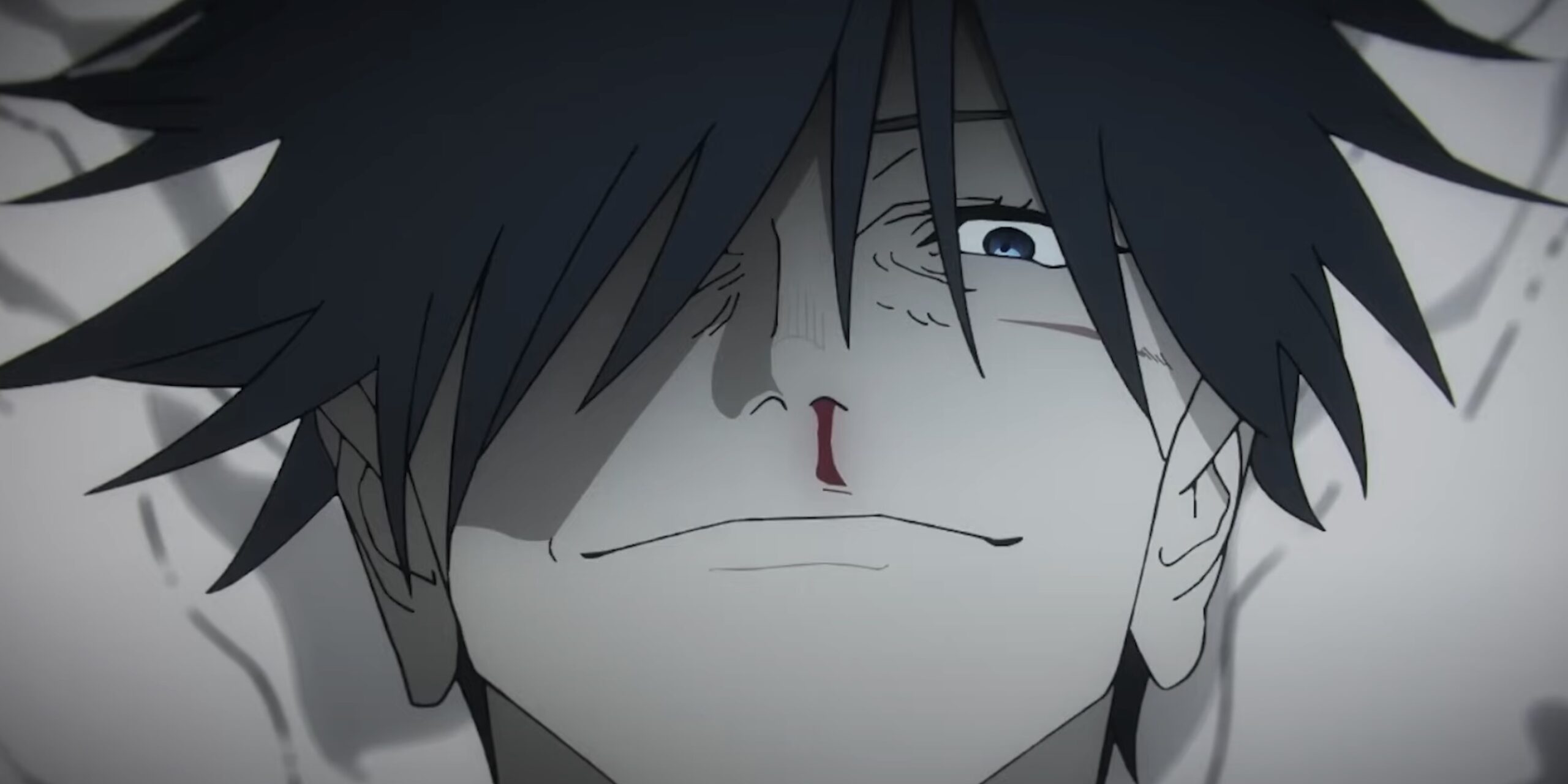
This concerning data spotlights a wider issue around the intense work culture in Japanese animation production, often leading to poor mental and physical health.
There are calls for the system to shift to prevent so many talented artists and directors from suffering from issues like depression. More awareness and support structures may be necessary to create a sustainable environment for the individuals bringing beloved stories to screens.
Alarming Trends in Anime Health Report: Animator Only Gets ’30 Minutes at Home’ Weekly
The popularity and production of anime are booming, yet the human toll exacted by harsh working conditions often goes unseen.
A recent report found over 300 anime titles were released this year alone as global demand escalates, cementing animation as a vital Japanese cultural export.
Netflix has capitalized on surging interest, with their anime lead announcing half of the streamer’s 222 million users watched some form of Japanese animation last year. However, the impact of larger budgets on individual animators remains dubious at best.
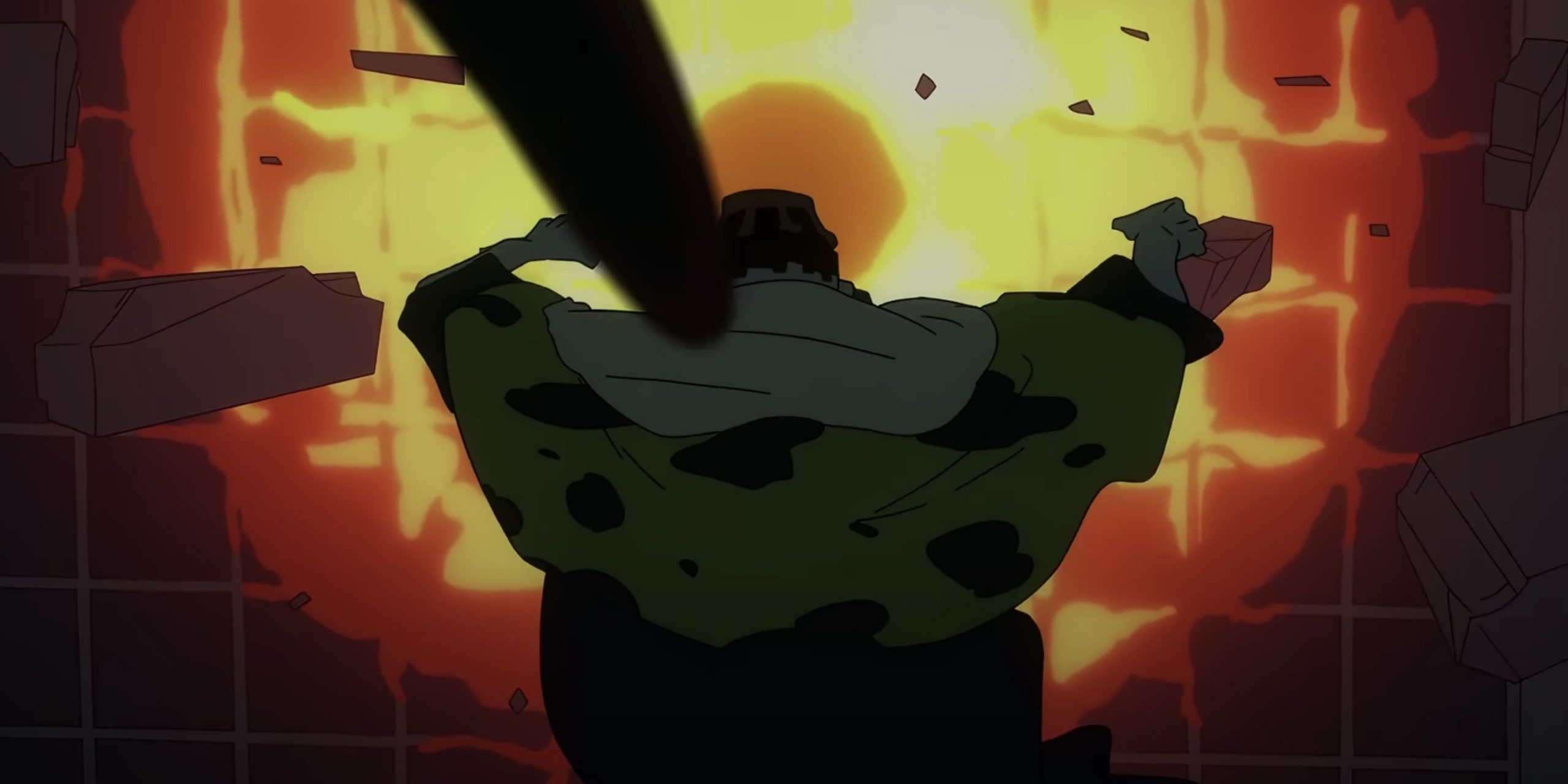
Terumi Nishii, a leading animator on the smash hit “Jujutsu Kaisen 0,” openly criticized Netflix for not funneling resources to improve the livelihoods of creators like himself.
Anime Industry at a Crossroads
It paints a concerning picture of an industry bursting at the seams, where astronomical profits don’t translate to proper compensation or working conditions for the artists who pour their talent into every frame.
Many carry on due to their passion for the medium, but one must ask – how long can this unrelenting pace be sustained? If left unchecked, the human cost may one day undermine the foundations of an industry built on skill, creativity, and dedication.
The solutions won’t come easily, but the conversation must continue if anime wishes to retain the people who give it life. There is always hope compassion and common ground can prevail to shape a better future.
The anime industry is facing a reckoning – surging demand has led production companies to prioritize quantity over quality in order to churn out more titles each year.
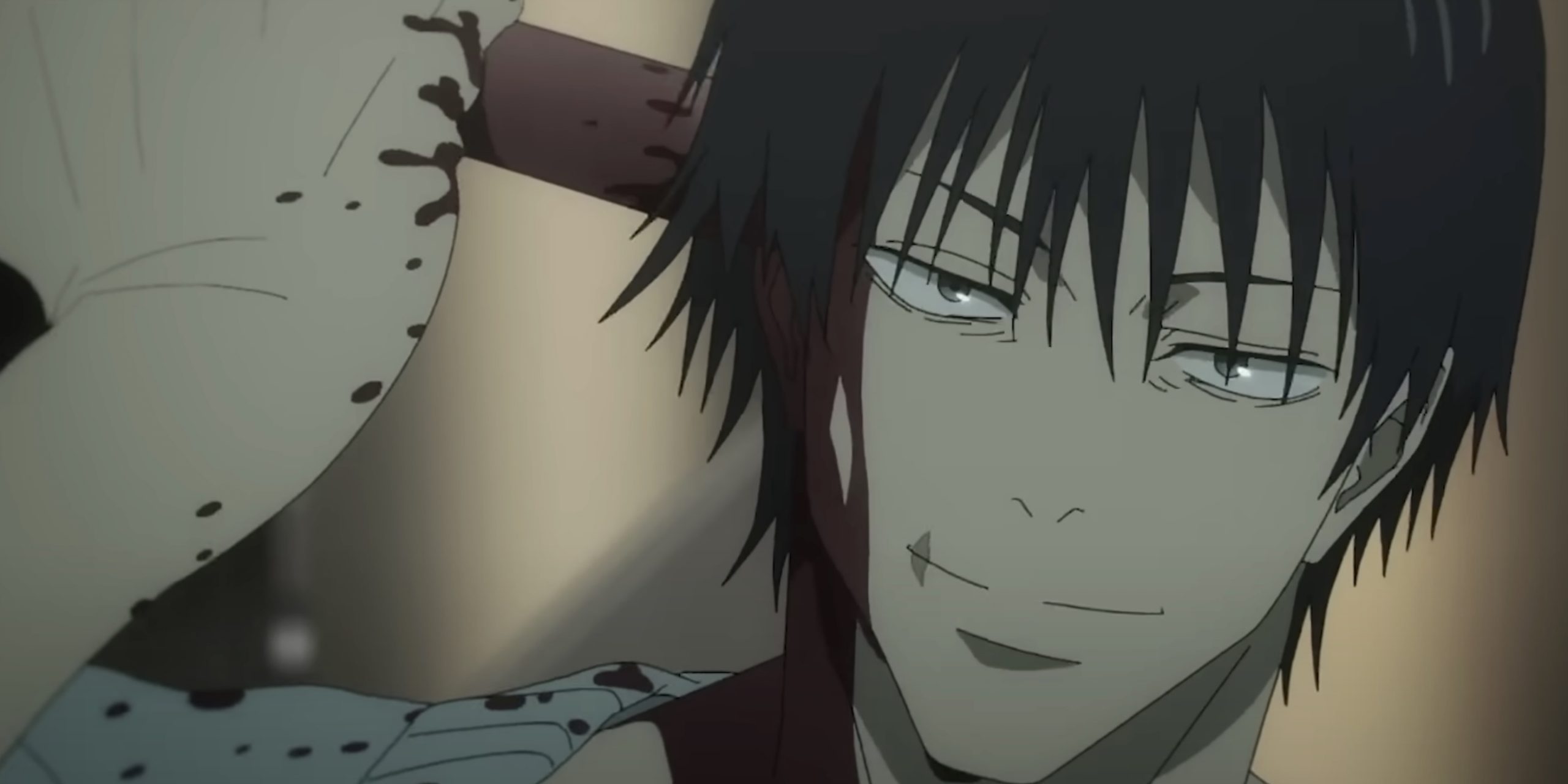
This has resulted in droves of inexperienced animators being hired, flooding the industry with subpar work that ultimately falls onto the shoulders of veterans like Terumi Nishii to fix.
As one of the most vocal critics calling for change, Nishii pulls no punches in his assessment – arguing that major studios need to implement skill testing to stop the dilution of talent.
Without intervention, he forecasts the entire anime machine will cannibalize itself within years under the weight of unqualified animators diluting quality and overburdening the few experts left.
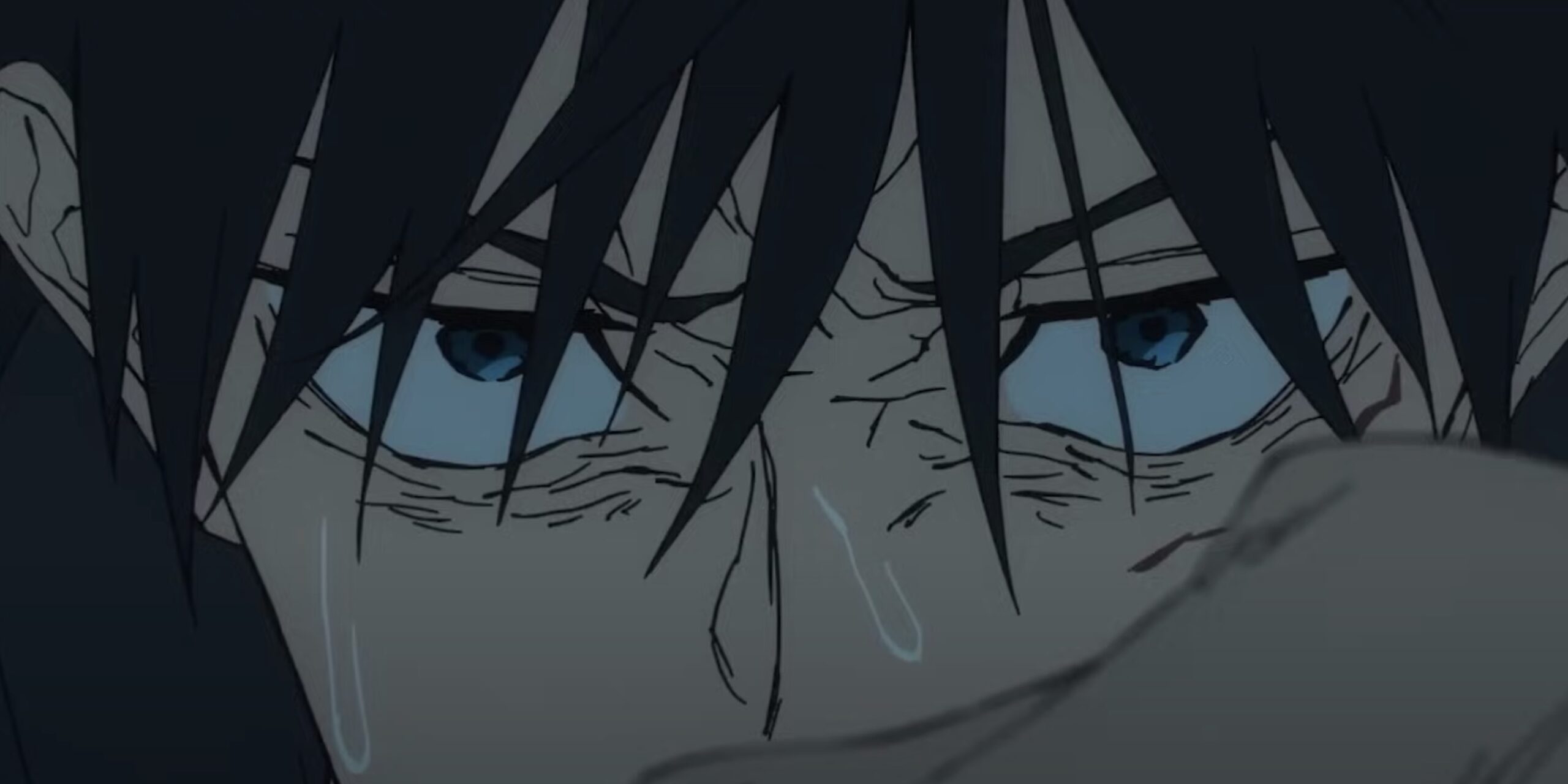
It’s a stark warning that gets to the heart of issues threatening the sustainability of the vibrant art form. Anime may be more popular than ever, but the drive to capitalize on its global appeal could bankrupt the creative core that brought it this far if nothing is done.
Veteran Animator Nishii Terumi Warns of Impending Skills Gap Crisis in Anime Industry
Nishii and others are sounding the alarm for an industry they clearly love deeply. The question is – will the powers that be hear their plea and chart a new course aligned with quality over quantity? Time will tell, but one thing is clear – change is sorely needed to secure a bright future for anime.
The dark underbelly of anime’s punishing production schedule has reared its head once more – this time in the form of deeply concerning reports emerging from studios working on Fall 2023’s hit show, Jujutsu Kaisen Season 2.
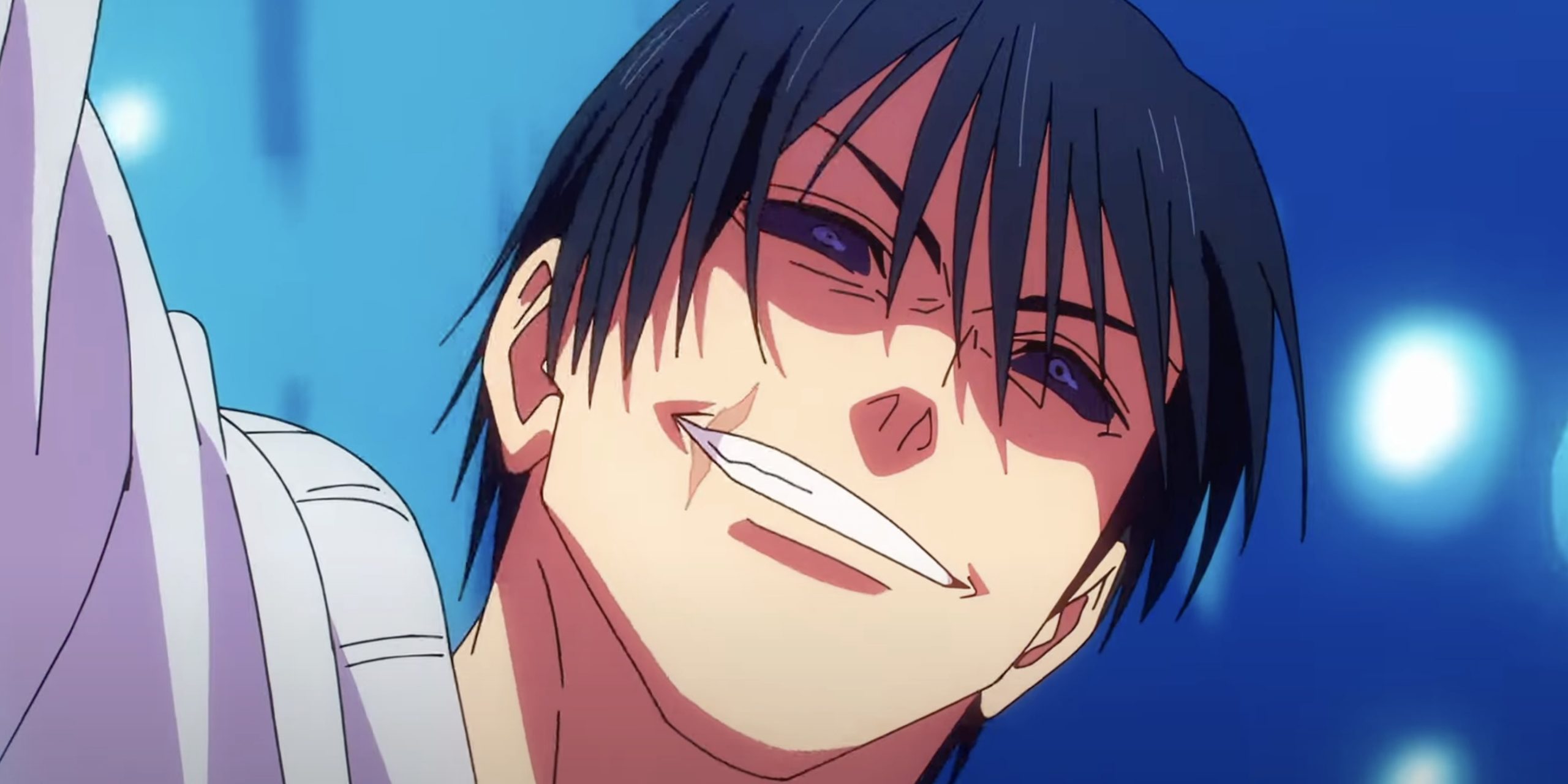
What was initially a trickle of allegations has snowballed over recent weeks into a regular torrent of staggering claims that illuminate the immense human cost within studios like MAPPA.
While the industry’s poor conditions often get glossed over with humorous fictional depictions of overworked animators, disturbing real-world posts have underscored the urgency of this issue.
Last month, two anonymous MAPPA freelancers posted alarming messages highlighting their declining mental health under the weight of breakneck production targets.
The second post featured a graphic image exemplifying the deeply painful struggle these artists endure behind the scenes.
For many, these latest revelations have been a harsh wake-up call – piercing through the veil of comedy and excitement that often obscures the gritty reality of creating the stunning animation we consume so eagerly each season.
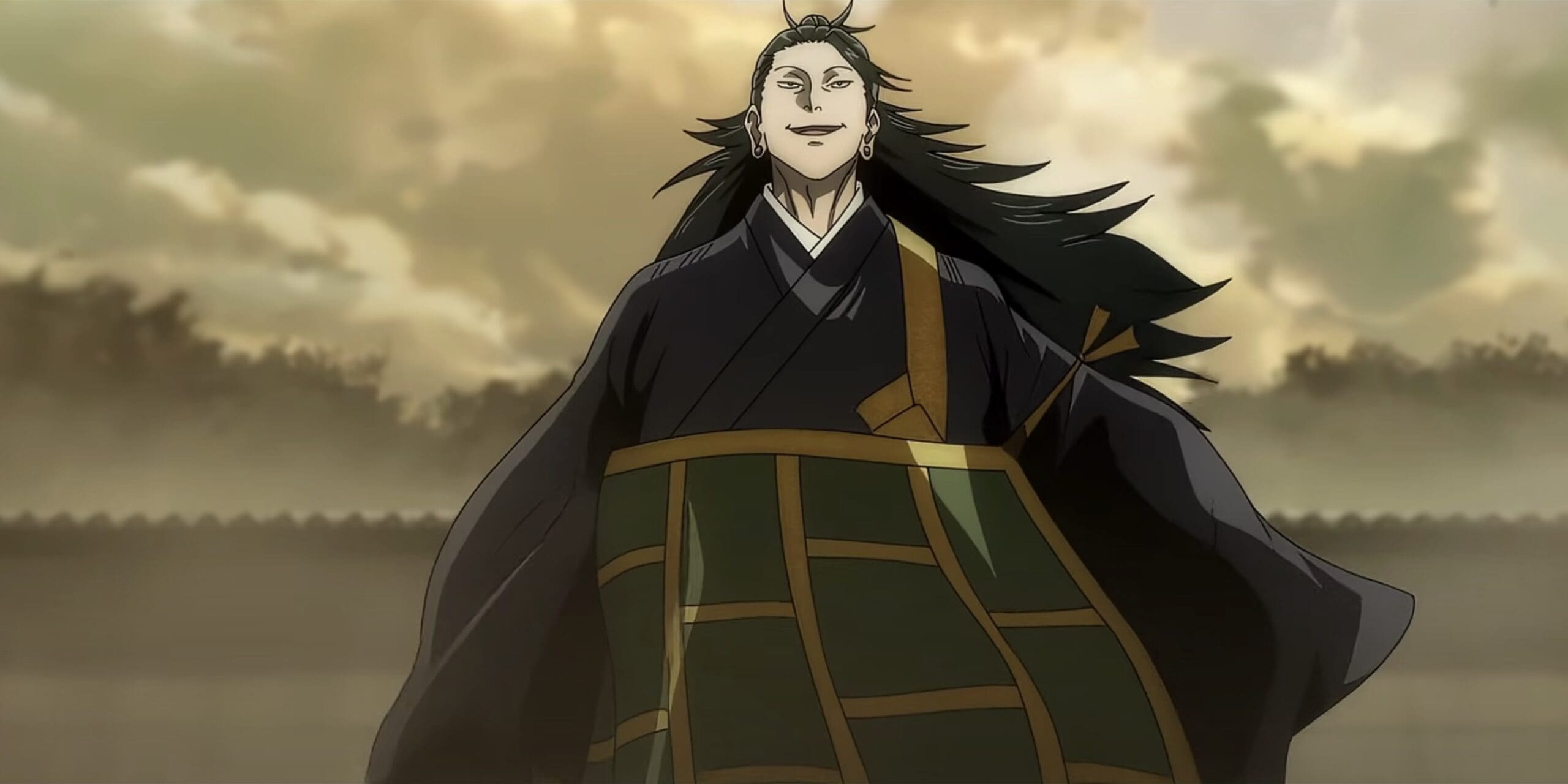
It’s become undeniably clear that no matter how beloved a franchise like Jujutsu Kaisen is, no show warrants the ruthless treatment and exploitation of talented creators.
There’s an urgent need to confront and reform production conditions – otherwise, the human cost may one day take an irreversible toll on anime’s future.
Amid the latest revelations of anime’s crushing work culture, some studios stand out for charting a different course – one that proves quality art can coexist with humane conditions.
Chief among them is Kyoto Animation (KyoAni), renowned industry-wide for their ethical schedules that grant talent ample time to craft transcendent shows.
It’s this patient approach that’s birthed some of the most visually stunning and heartfelt adaptations in recent memory.
A Crossroads for the Anime Industry
However, the now infamous MAPPA CEO Manabu Otsuka recently outlined plans to match KyoAni by accelerating production to maximize outputs.
The proposal drew widespread criticism from peers for encouraging the normalized breakneck schedules that have spurred today’s mental health crisis and talent drain.
The response reflects a burgeoning understanding that this no longer has to be the status quo.
KyoAni has set a compassionate gold standard that denies the notion you must torture artists to churn out anime on impossibly tight deadlines. Their stellar track record dispels excuses that reform would kill creativity or output.
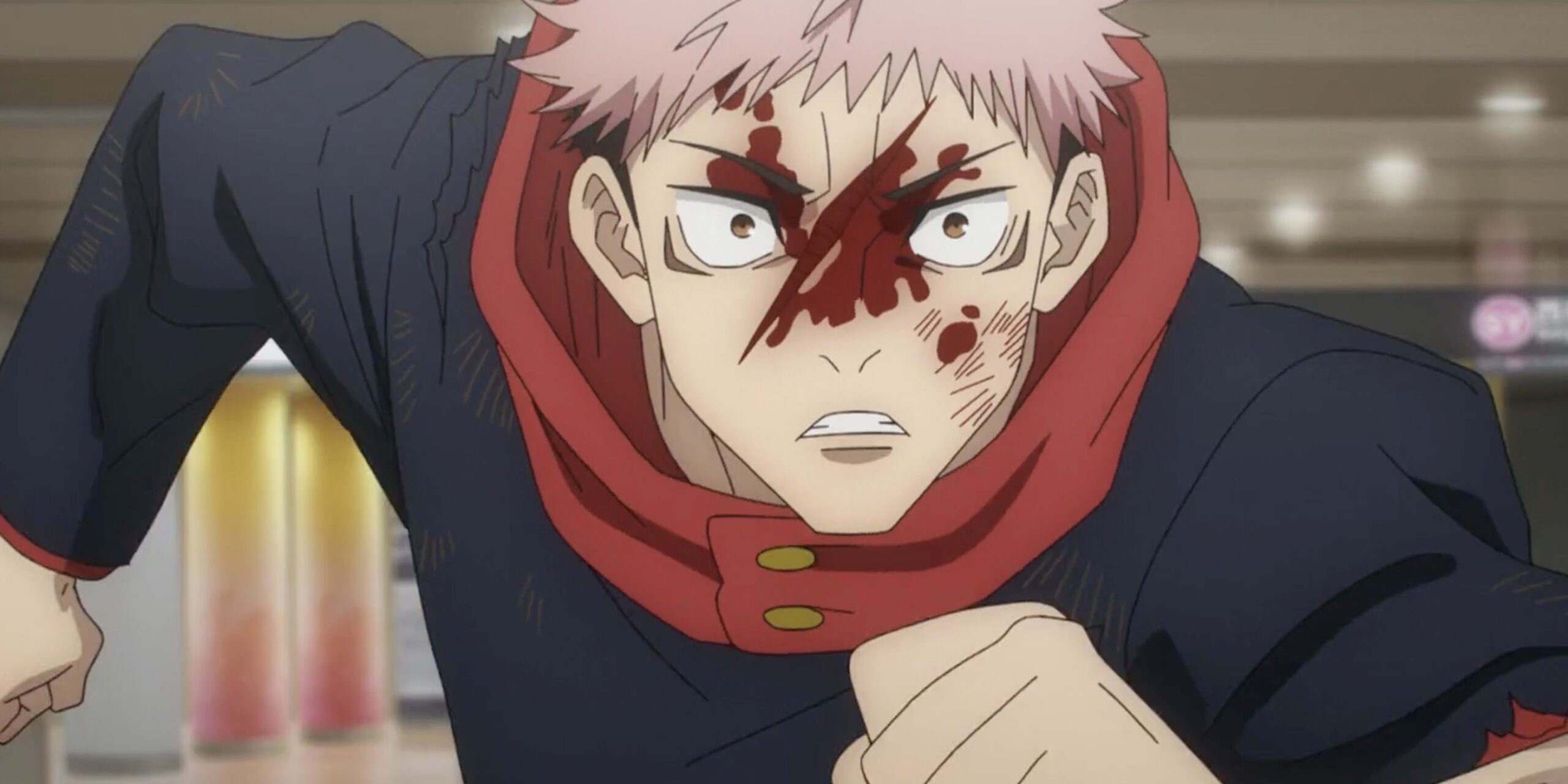
Of course, meaningful structural change takes time – but with every new revelation, the appetite grows. There is a dawning sense that if studios don’t take the lead, a reluctantly mobilized workforce may force their hand.
The reality is anime can thrive without crushing people underfoot; all it takes is will. KyoAni has already illuminated the path ahead – the question is who will take the next step to follow.
The anime industry stands at a crossroads – will studios continue to squeeze talent to meet impossible demands, or empower artists with healthy conditions where creativity can thrive? Recent moves suggest more and more creators are choosing the latter path.
Sunghoo Park, acclaimed director of Jujutsu Kaisen’s first season, made waves by leaving production house MAPPA to found his own studio, E&H Productions. His mission? Facilitate an environment where artists have the “time and trust” to bring beloved stories like Eiichiro Oda’s Monsters to life properly.
Park’s peer, Ryu Nakayama of the hit show Chainsaw Man, also hinted he left MAPPA after cryptically tweeting of a new studio “free from harassment.” The momentum builds by the week, with veterans seemingly rejecting the notion that backbreaking, toxic schedules are the mandatory price of anime excellence.
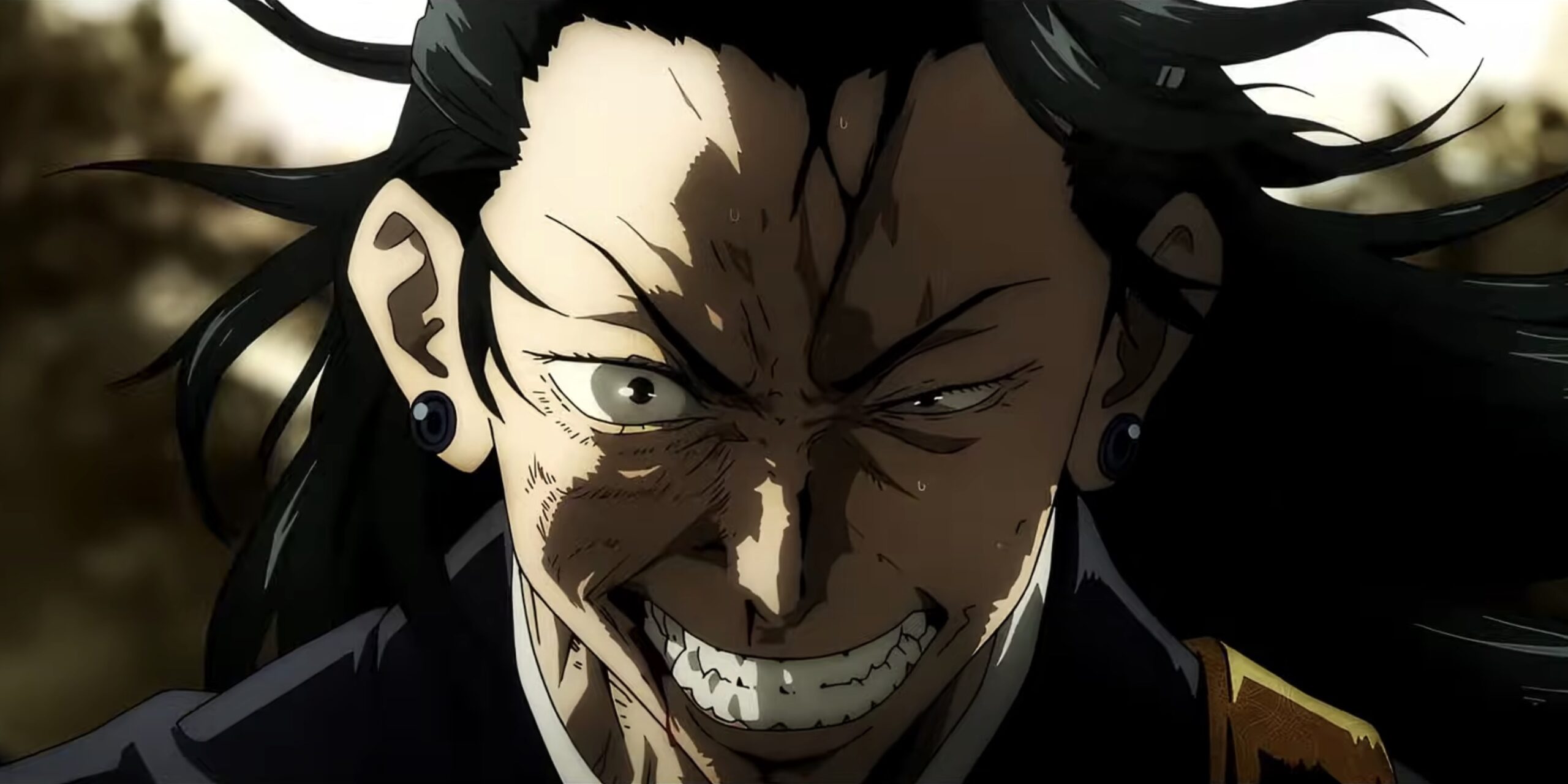
Make no mistake – these creators love the art form. This isn’t about shirking work but rather bravely building a better way so anime’s true potential can be unlocked.
A future where skill is given space to flourish, not crushed under unrealistic demands. Where fresh thinking isn’t starved by fear, but nurtured.
Health Survey Exposes Anime Creators’ Struggles
The portents seem clear – an ethical revolution is brewing. And when it comes, everyone will win – fans, studios, and most importantly, the artists bringing the stories we cherish to life. The question is no longer if change will come, but who will lead it.
The mental and physical toll of anime’s ruthless production model is laid bare in stark statistics recently published by the Japanese Animation Creators Association. Their health survey of 429 industry insiders makes for solemn reading.
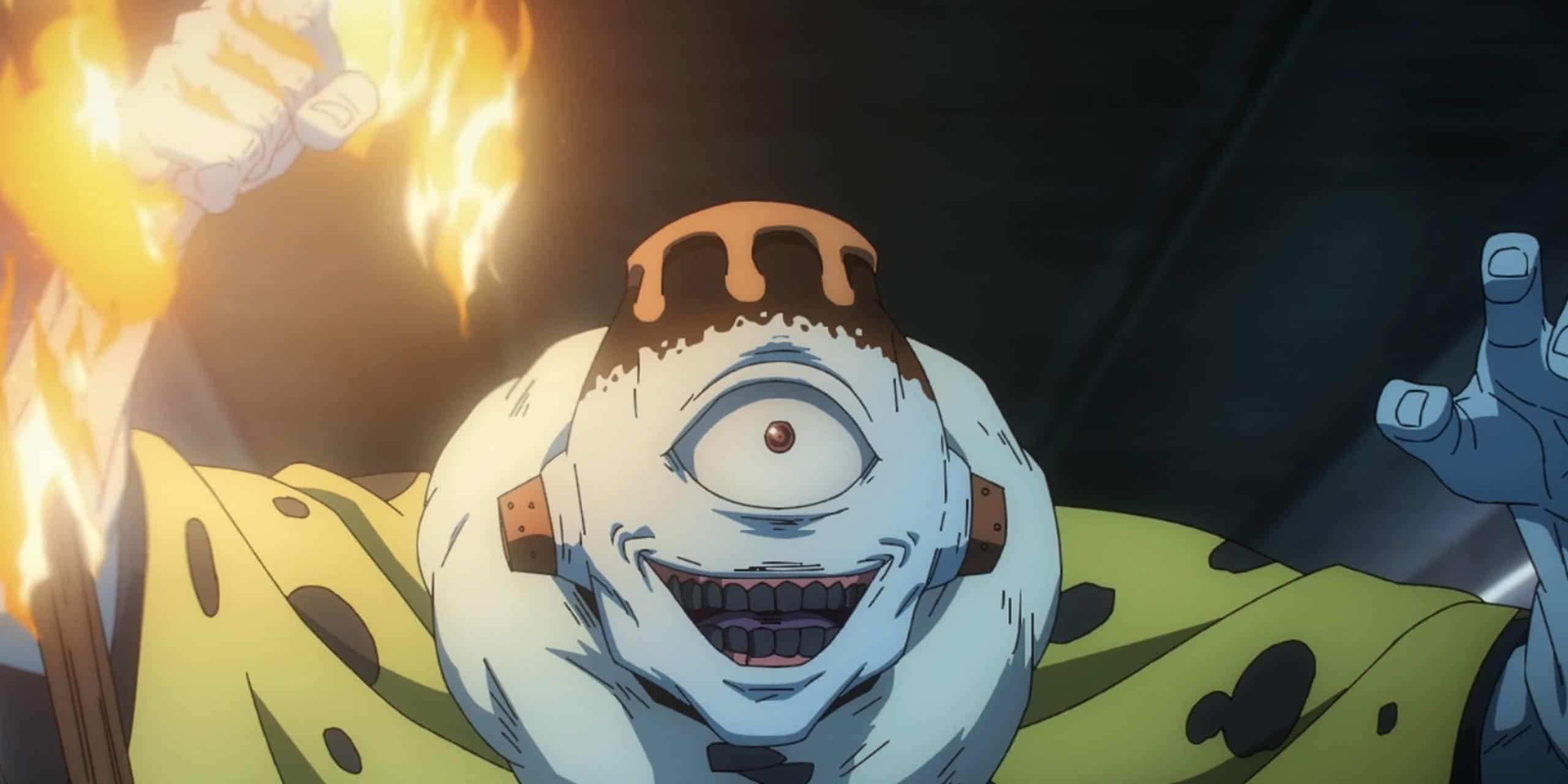
Firstly, 17% of respondents – 73 people – disclosed battling or having suffered from depression. This alarming figure spotlights the very real human cost of pushing talent to their emotional and physical limits.
But troubling revelations don’t end there. An eye-watering 68% – 291 participants – confessed to being psychologically drained. Meanwhile 66% – 285 people – described symptoms aligning with physical burnout.
In no uncertain terms, the data indicates nearly 7 in 10 of those crafting the vibrant stories so many consume are operating in deeply precarious territory, their health and wellbeing sacrificed to meet air-tight deadlines.
These harrowing numbers have pierced through the veil, exposing the grueling trade-offs and damage inherent to anime’s production model. The question now isn’t whether can reform wait – but rather how swiftly can meaningful change happen to ease the immense burden on creatives.
The statistics leave no doubt – this is a crisis requiring urgent solutions. Because at the end of the day, no animation is worth the human carnage depicted in these disturbing findings. The future of the industry depends on evolving to nurture talent, not continue breaking them.


